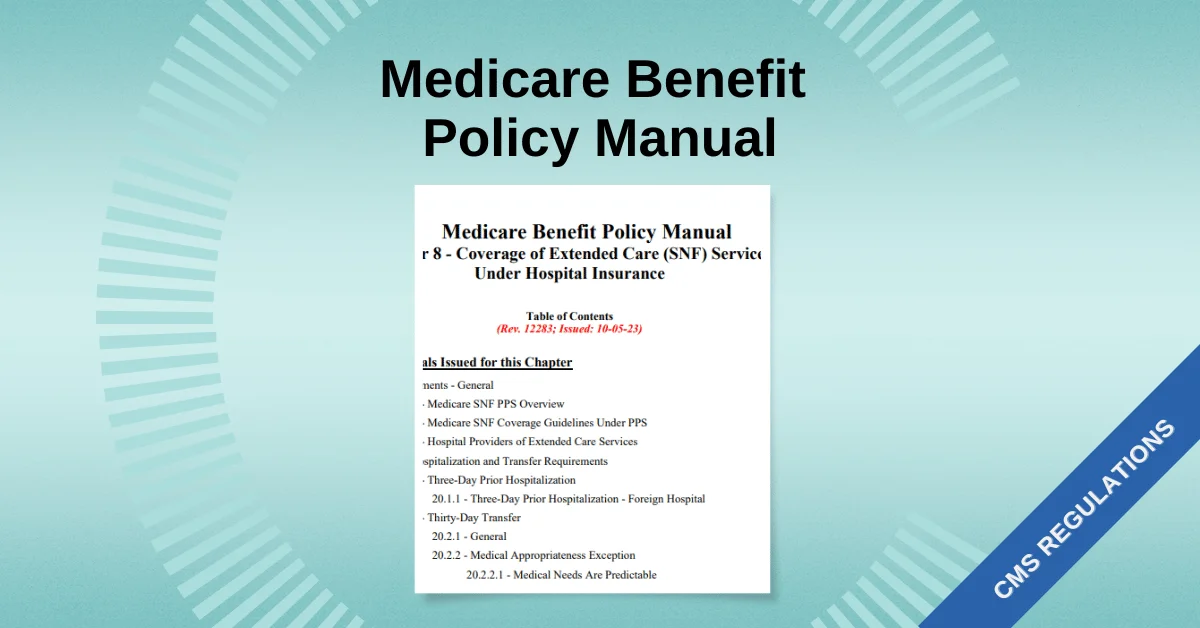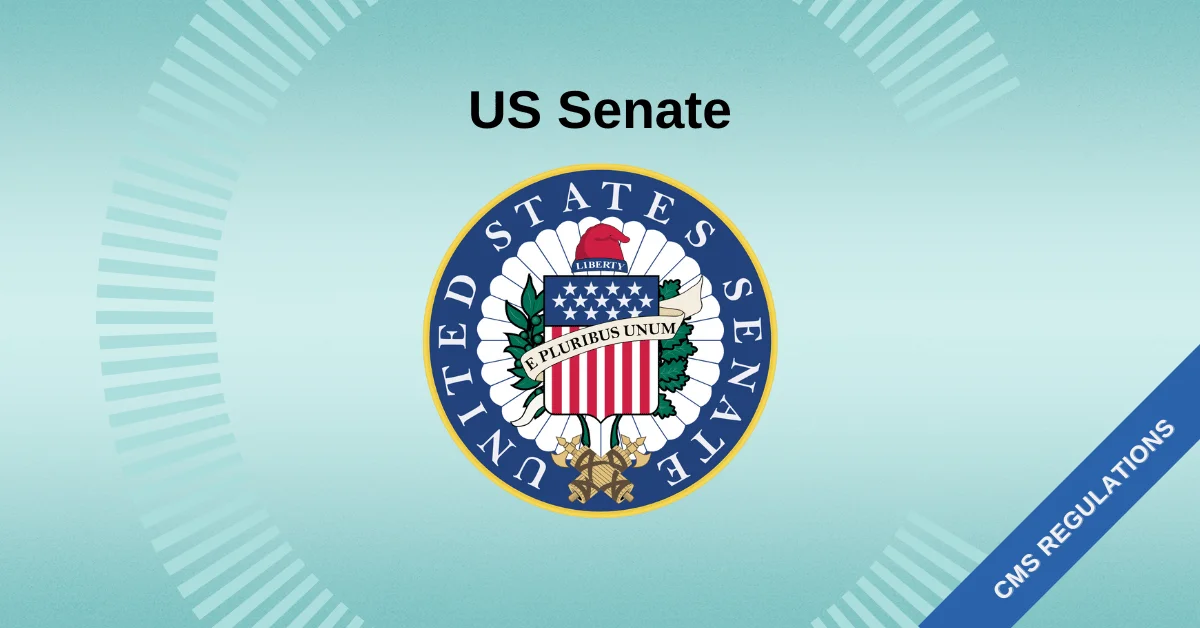
The article highlights concerns about the algorithm’s lack of transparency, potential bias, and the financial incentives driving its application, raising ethical and legal questions about the use of AI in healthcare.
Frustration was boiling into open conflict within NaviHealth, a company that uses computer predictions to help control the cost of caring for millions of older and disabled Americans on privatized Medicare plans.
The source of the outrage was not a customer or a salesperson, but an algorithm — specifically one that was being used to predict the amount of care needed by seriously ill patients. In 2021, employees raised alarms that efforts to bypass the algorithm — and pay for longer rehab stays — were getting slapped down at higher levels of the organization. Multiple cases involved patients who were still so sick they needed daily infusions to treat infections.
“It’s still happening,” one employee complained in internal communications obtained by STAT.
(Note: link has a paywall)
Ross, C., & Herman, B. (2024, May 8). How UnitedHealth’s acquisition of a popular Medicare Advantage algorithm sparked internal dissent over denied care. STAT. https://www.statnews.com/2023/07/11/medicare-advantage-algorithm-navihealth-unitedhealth-insurance-coverage/
Putt. (2023, July 14). How UHC’s acquisition of a popular Medicare Adv. algorithm sparked internal dissent over denied care. PUTT. https://www.truthrx.org/post/how-uhc-s-acquisition-of-a-popular-medicare-adv-algorithm-sparked-internal-dissent-over-denied-care



